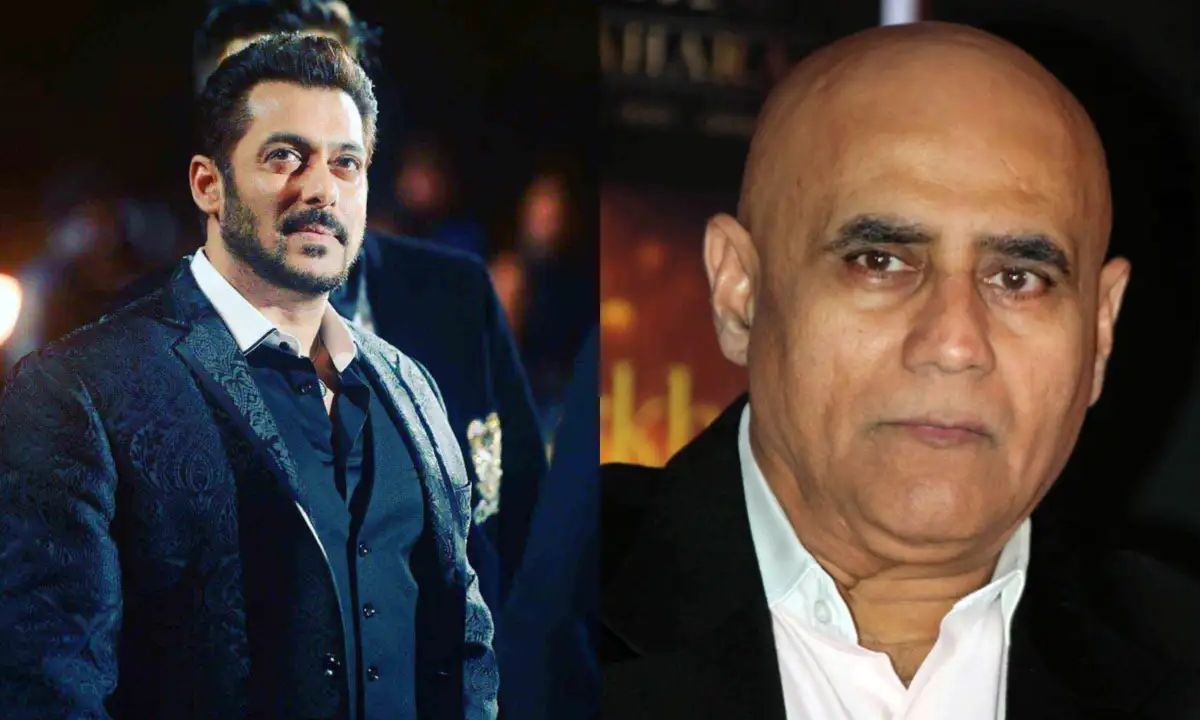Seven years ago, in Tulsipur, Dang, 53-year-old businessman Rajkumar Shrestha was kidnapped. Twenty-one days later, his body was discovered in the forests of Jhimpe Range, Chhatreshwar village, Salyan. Police arrested four individuals involved in the case, revealing that he was abducted and murdered for ransom.
Remembering the incident still makes Niraj Shrestha, the son of the late businessman, emotional. Today, Niraj is a well-established entrepreneur and investor in Charlotte, North Carolina, USA. He is the owner of the IT company Crown Data Solutions and a multi-million-dollar real estate firm.
As a second-generation entrepreneur, Niraj actively manages and leads his family’s 39-year-old clothing business, Butwal Bastralaya, which has been a market leader in Tulsipur, Dang. He is currently pursuing a Ph.D. in Business Administration, focusing his research on how family businesses can embrace innovation and AI while preserving tradition.
Niraj has also made a name for himself in the film industry as the producer of the globally acclaimed Nepali film Rajaganj. Directed by Dipak Rauniyar, the film premiered at the Venice and Busan film festivals. Niraj shares that he has an emotional connection with Rajaganj, as its storyline closely resembles his father’s tragic abduction. He expressed that this personal connection motivated him to invest in the project. He also intends to remain active in the Nepali film industry.
How Did You Get Involved as a Producer in Rajaganj?
I have known director Dipak Rauniyar for the past ten years. Even before working together, I admired his films and deeply respected his work. When he narrated the script to me, it struck a personal chord because the story closely resembled the kidnapping incident in my own family.
The mental agony my family and I endured due to my father’s abduction made me realize how such incidents deeply affect people. I believed the film would give audiences a chance to understand the pain that families experience in such situations. My trust in Deepak Rauniyar, the compelling storyline, and my personal experience led me to invest in this project.
I believe the script is Rauniyar’s original concept. We hadn’t discussed the story before, but when he told me about it, I realized how much it resonated with my own experience. The setting of the film is in the Terai-Madhesh region, and after hearing about the kidnappings that happened there, I felt even more drawn to the project.
How Similar Is the Story of the Film to Your Father’s Kidnapping?
There are similarities, but it’s difficult to measure exactly how much. The film revolves around the abduction of a child, and only a family that has suffered through such an ordeal knows the true pain of it. I experienced that pain firsthand when my father was kidnapped.
The police’s inability to act swiftly in my father’s case also felt very similar to the storyline of Rajaganj. My father was not a political figure—he was a successful businessman. However, since the incident happened during an election period, it was given a political angle. Though he was a member of the Nepali Congress, there were unnecessary attempts to create a Congress vs. UML (another political party) narrative. I was shocked by how the case was politicized.
Similarly, Rajaganj also touches upon themes of politics and social reputation. While my father’s abduction was motivated purely by money, the film depicts a kidnapping driven by political motives. In my father’s case, a group of around 15-16 unemployed individuals orchestrated the crime. Looking at Nepalese society, unemployment appears to be one of the root causes of such criminal activities.
How Has Rajaganj Been Received at International Film Festivals?
We received overwhelmingly positive responses. Seeing a Nepali film being so well-received outside Nepal was a unique experience for me. Personally, traveling to these festivals was a first-time experience, and it deeply moved me. The film resonated with audiences globally, which made me reflect on something my teacher once told me—”To truly understand yourself, sometimes you have to go far away.”
Nepali stories may not always be valued within Nepal. For example, as someone from Dang, I was not very familiar with Janakpur’s culture. Likewise, people from Janakpur might not know much about Karnali or Salyan. Even though Nepal is a small country, one region often remains unfamiliar with another. However, the enthusiastic reception of Rajaganj at Venice and Busan made me realize that even if a small part of these global perspectives could be integrated into Nepali society, it would be beneficial.
Even though I come from a business background, I believe art has a profound impact on people’s lives. I have always had faith in the power of creativity and storytelling.
What Universal Themes Does Rajaganj Explore?
The most universal theme in the film is crime. I believe that, as humans, comfort brings us happiness, but crime brings thrill and adventure. People are often drawn to crime stories because they evoke curiosity and excitement. Whenever we hear about a crime, our first instinct is to ask, Where did it happen? What exactly happened? That natural curiosity makes crime thrillers universally appealing.
Kidnappings happen worldwide, not just in Nepal, the U.S., or India. This is a story that, unfortunately, is relevant in every society. The film follows the abduction of a child, and since people tend to be more emotionally affected when a child suffers, the narrative becomes even more compelling. Rajaganj also explores themes of political influence and societal dominance, making it relatable to audiences across the globe.

Will You Continue Producing Films? What’s Next?
This is just the beginning—I’ve developed a taste for filmmaking now. My debut as a producer was incredibly fulfilling, especially because I got to work with talented individuals like Deepak Rauniyar, blockbuster Nepali filmmaker Rambabu Gurung, and actors like Dayahang Rai, Vijay Baral, and Pashupati Rai. Having such an amazing start leaves me with no reason not to continue in the industry.

What Message Would You Like to Give to the Younger Generation?
Through this film and my various endeavors, I want to convey the importance of exploration, innovation, and courage to the younger generation. Whether in cinema, business, or personal growth, I believe success comes from respecting tradition while embracing the future with originality and creativity.
In Rajaganj, we have explored a deeply impactful subject. I want to inspire young people to take calculated risks, stay committed to their craft, and build a meaningful legacy that shapes the future while honoring the past. The world is changing rapidly, but those who leave the most lasting impact are the ones who innovate with a fresh perspective while respecting history.








